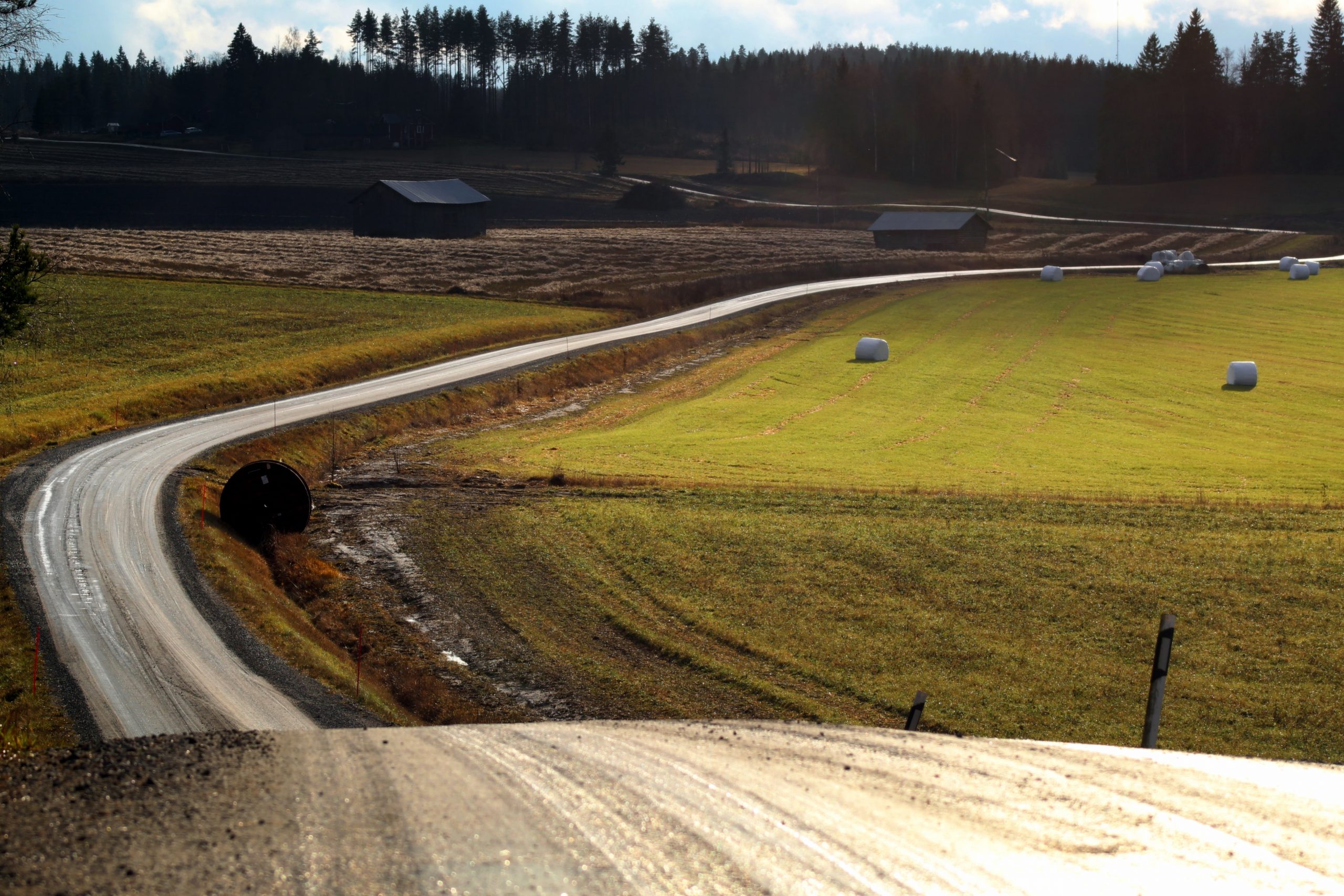
Enabling Better Access to Federal Transportation Funds for Small and Rural Communities
Summary
Most federal transportation funds are distributed to state and regional transportation entities by a legislatively set formula for different types of transportation. An exception to this rule is the U.S. Department of Transportation’s (USDOT) Better Utilizing Investments to Leverage Development (BUILD) Transportation Discretionary Grants program (formerly known as the TIGER program). The BUILD program is extremely flexible, with funding available for any kind of surface-transportation project and any government agency, and it the only transportation program that provides direct capital support to local transportation projects. This flexibility has made the BUILD program incredibly popular, receiving 10 times more applications than can be funded. However, the application process is extensive and can require outside assistance to produce, making the application itself too expensive for some areas to take on, especially considering the high level of competition. USDOT should create a simpler application that most public agencies can manage with internal staff to make the program more universally available to communities of all sizes and levels of capacity.
To address challenges posed by increased extreme heat, USAID should mobilize finance through environmental impact bonds focused on scaling extreme heat adaptation solutions.
FAS has been a leading voice for action on this topic, and has developed a compendium of 150+ heat-related federal policy recommendations.
As temperatures rise, so do energy bills. Energy justice should be a federal priority as the extreme heat crisis exposes energy security gaps.
Not all agricultural education is built the same. Should it be? In a new podcast series, we explore how technical assistance can meet the diverse needs of farmers across local and regional food systems.